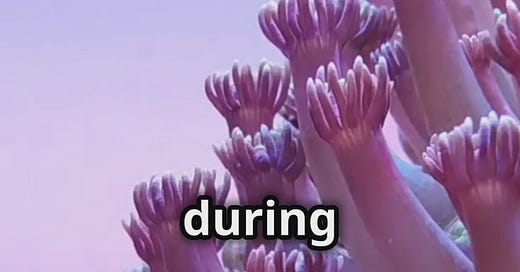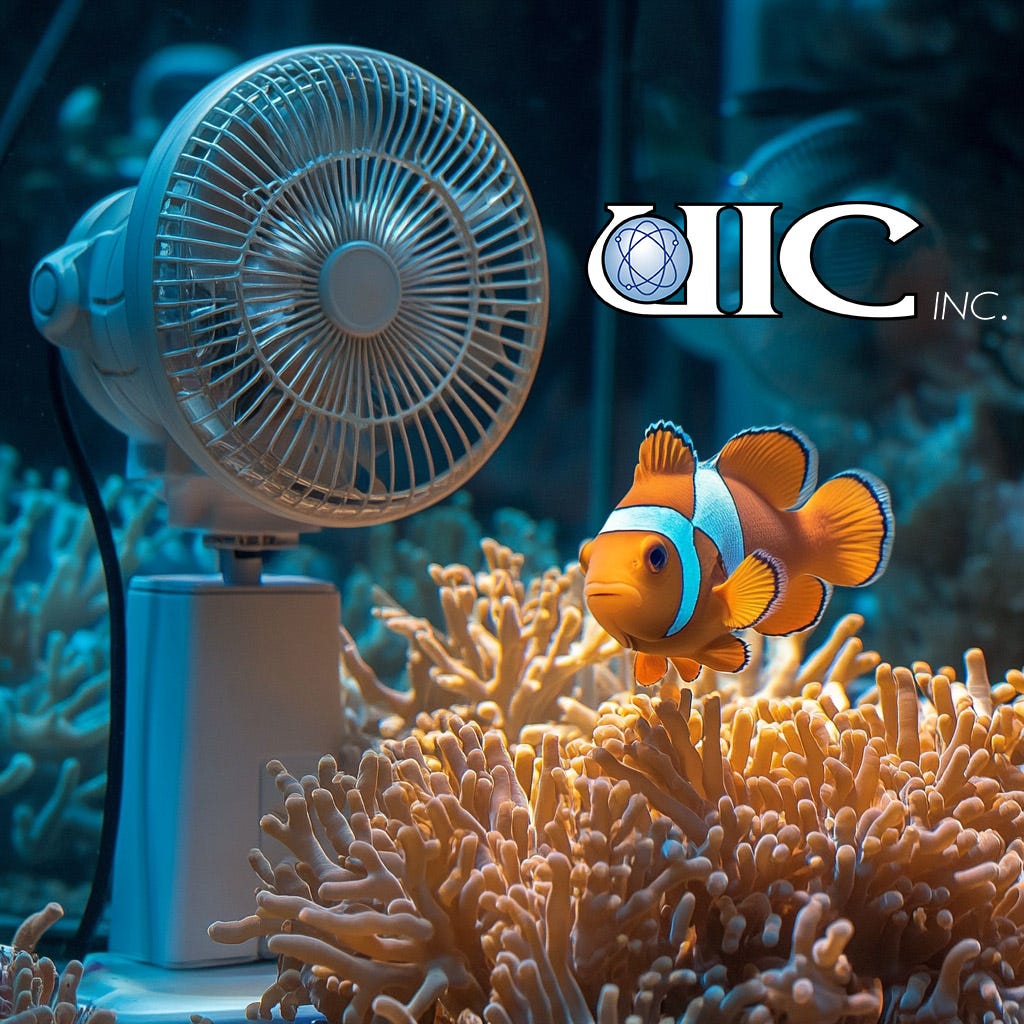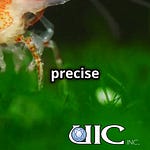Imagine a coral reef experiencing nature's version of a stress test. Scientists have discovered that coral reefs have an remarkable ability to cope with environmental challenges, much like how our bodies respond to stress. This groundbreaking research, conducted off the coast of American Samoa, reveals how corals use sophisticated cellular mechanisms to maintain their delicate balance when faced with environmental challenges.
The researchers monitored three colonies of tabletop coral (Acropora hyacinthus) for 17 days, using precise measurements of temperature, pH, and oxygen levels. Using a UIC Inc. Coulometer for carbon analysis, they tracked how these environmental changes affected the corals' chemical balance. What they found was fascinating: during the warmest parts of the day, when temperatures rose above 30.5°C, the corals activated a specific set of genes – their cellular emergency response system.
This response, known as the UPR (unfolded protein response), acts like a cellular thermostat. When temperatures spike during midday low tides, the corals quickly adjust their internal chemistry to protect themselves. It's similar to how our bodies produce heat shock proteins when we're exposed to high temperatures.
Most remarkably, the researchers discovered that this response is incredibly precise and coordinated. The corals don't just react blindly to stress – they mount a carefully orchestrated response that helps them maintain their internal balance. This finding helps explain why some corals are more resilient to environmental stress than others.
The implications are profound: understanding these cellular mechanisms could be crucial for predicting which coral reefs might survive in warming oceans. It also provides new insights into how these ancient animals have evolved to cope with environmental stress, offering hope for their survival in a changing climate.
Title: "Tidal heat pulses on a reef trigger a fine-tuned transcriptional response in corals to maintain homeostasis"
Authors: Lupita J. Ruiz-Jones and Stephen R. Palumbi
Published in: Science Advances, 2017
DOI: 10.1126/sciadv.1601298













Share this post